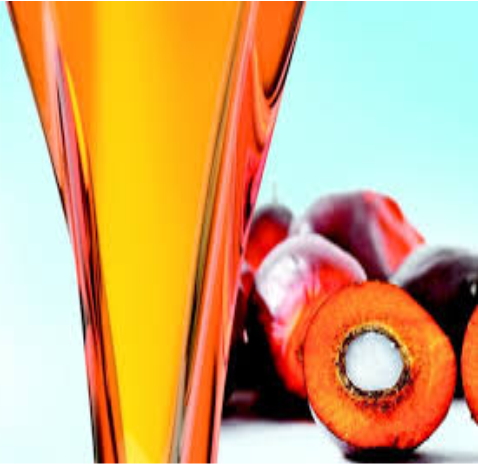Malaysia commits to global leadership in sustainable palm oil industry

Malaysia aims to lead in sustainable agrocommodities, especially palm oil, said Minister Johari Abdul Ghani. Speaking in Singapore, he highlighted Malaysia’s circular economy approach, converting palm waste into renewable energy. He criticized the EU’s “standard risk” label, citing outdated data, and reaffirmed Malaysia’s sustainability commitment, including net-zero goals and strict deforestation policies, urging fair global trade and recognition.
SINGAPORE: Malaysia is committed to becoming a global leader in sustainable agrocommodities, especially in the palm oil industry, said Plantation and Commodities Minister Datuk Seri Johari Abdul Ghani.
In his keynote address at the 12th Singapore Dialogue on Sustainable World Resources, Johari outlined Malaysia’s transformation of the palm oil sector through a circular economy model that embraces sustainability, innovation and value creation across the entire supply chain.
“Every part of the palm oil tree now creates value, from biodiesel and sustainable aviation fuel (SAF) to biomass and biogas energy.
“We are moving beyond linear growth to build a regenerative model that supports economic resilience, energy security and climate action,” he said in his address titled “Reinventing Commodities: Malaysia’s Competitiveness in Global Trade.”
Johari added that waste materials once discarded, such as empty fruit bunches (EFB), mesocarp fibre, palm kernel shells and palm oil mill effluent (POME), are now being repurposed into renewable energy and downstream products.
“Malaysia is encouraging all mill operators to shift to renewable energy systems within the next decade.”
On a related matter, Johari also expressed concern over the recent move by the European Union Deforestation Regulation (EUDR) to classify Malaysia as a “standard risk” country.
He stressed that the classification was based on outdated 2020 Food and Agriculture Organisation (FAO) data.
Johari, nevertheless, reaffirmed Malaysia’s commitment to present updated, science-based evidence to support its request for a “low risk” status.
“Malaysia has implemented strict no-deforestation policies and developed our own certification system, the Malaysian Sustainable Palm Oil standard, which ensures traceability, compliance and inclusivity, especially for smallholders.
“We are fully committed to working with the EU Commission to ensure fair recognition of our progress.”
Johari also highlighted Malaysia’s participation in international sustainability efforts, including commitments to net-zero emissions by 2050, methane reductions, and the retention of over 50 per cent forest cover, a pledge that dates back to the 1992 Rio Earth Summit.
As Chair of the Council of Palm Oil Producing Countries (CPOPC) and Co-Chair of the Forest, Agriculture and Commodity Trade (FACT) Dialogue, Malaysia is championing science-based narratives and equitable global trade frameworks that do not leave producing nations behind.
“Palm oil is not just an edible oil; it is a strategic asset. Its unparalleled yield efficiency makes it the most land-efficient crop available to meet global edible oil demands without further deforestation.
“Replacing it with other oils would multiply land use and environmental harm,” he said.
He concluded his speech with a call for deeper global collaboration to reshape how commodities are valued, not just by price, but by their environmental, social and governance (ESG) impact.
To Read more about Edible Oil News continue reading Agriinsite.com
Source : NST
















